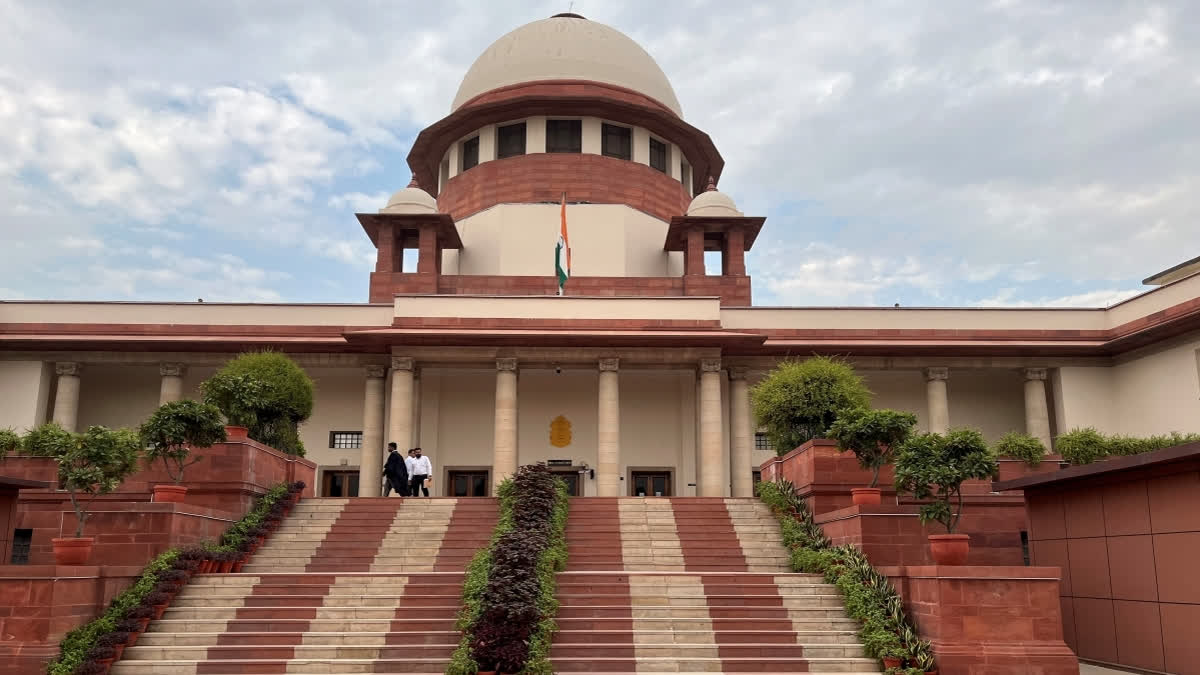New Delhi: More than 140 opposition politicians have been suspended from the Parliament, the largest number in history, after they vehemently protested against a recent security breach at the parliamentary premises. Amid the opposition terming the suspensions as a "direct attack" on democracy, the Lok Sabha Thursday passed a contentious Bill to establish a new mechanism for the appointment of chief election commissioners (CECs) and election commissioners (EC). Earlier this month, the Bill was approved by the Rajya Sabha, even as the opposition staged a walkout.
The Bill is directly in conflict with the Supreme Court's direction that the top poll officers should be selected by a panel comprising the Prime Minister, the Leader of the Opposition, and the Chief Justice of India (CJI).
In March, a five-judge bench of the Supreme Court had unanimously ruled that a high-power committee consisting of the Prime Minister, Leader of Opposition in Lok Sabha, and the Chief Justice of India must pick the CEC and ECs. However, the top court had also said that this norm will continue to hold good till a law is made by the Parliament. It is apparent that the Centre has used this one sentence in the apex court’s judgment and brought a law with the view of overturning the effect of the court’s verdict on the appointment of the CEC and ECs.
According to the highly contentious Chief Election Commissioner and Other Election Commissioners (Appointment, Conditions of Service and Term of Office) Bill, 2023, the CEC and other ECs shall be appointed by the President on the recommendation of a selection committee consisting of— (a) the Prime Minister—chairperson; (b) the leader of opposition in the House of the people—member; (c) a Union Cabinet Minister to be nominated by the Prime Minister—member.
The apex court, in its verdict delivered on March 2, said: “We declare that as far as appointment to the posts of Chief Election Commissioner and the Election Commissioners are concerned, the same shall be done by the President of India on the basis of the advice tendered by a Committee consisting of the Prime Minister of India, the Leader of the Opposition in the Lok Sabha and, in case, there is no such Leader, the Leader of the largest Party in the Opposition in the Lok Sabha having the largest numerical strength, and the Chief Justice of India”. The apex court added, “This norm will continue to hold good till a law is made by the Parliament”.
